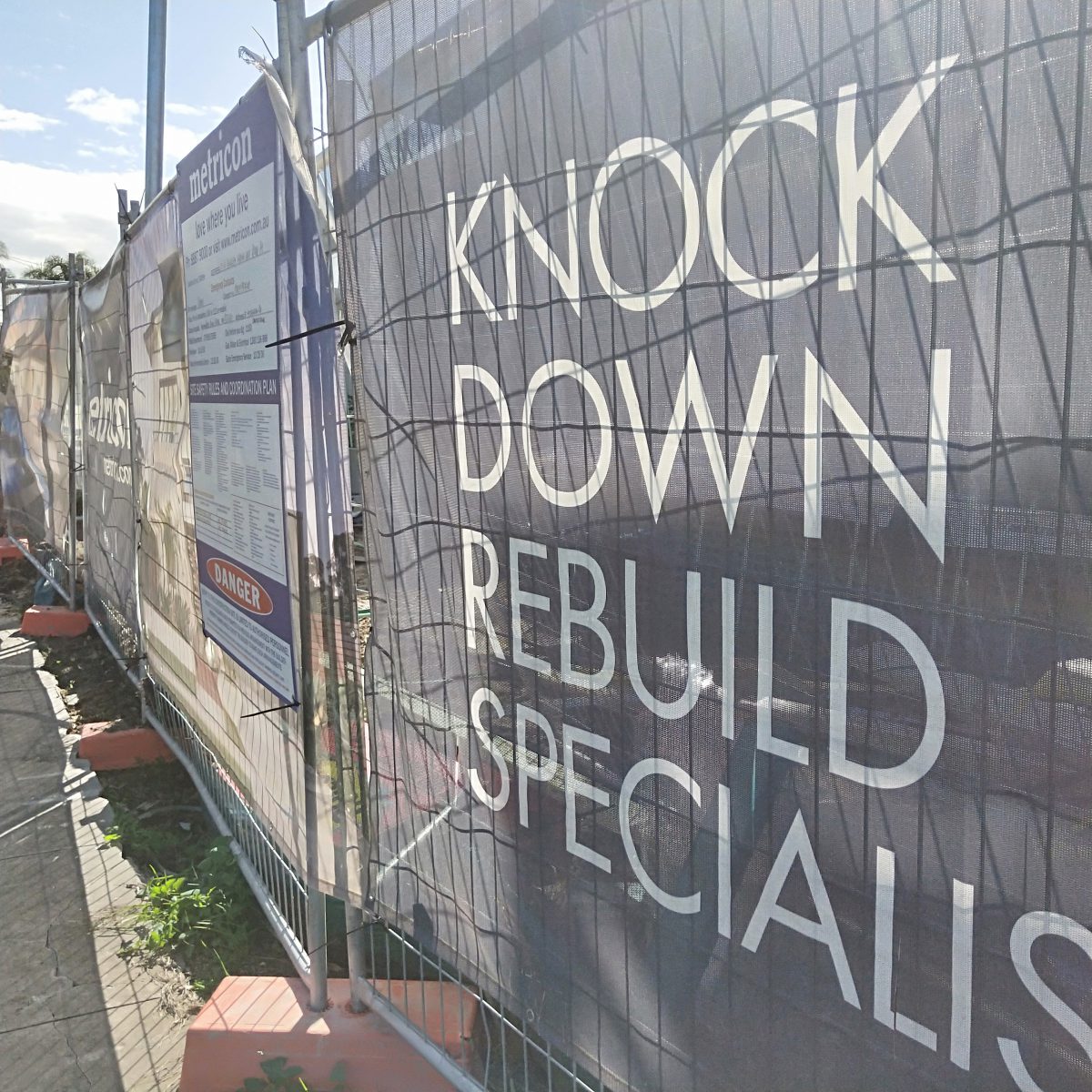
The task of finding or building your perfect family home comes with big choices. You can house-hunt by trawling the online listings and visiting real estate agent offices to spend weekends in search of the perfect property.
Or, you might focus on finding the best plot of land, which may be vacant or have a property that you’d knock down to start again.
The best approach?
There’s no right answer, but be aware that land is the most valuable asset in any house purchase. Over the long term, it should be an appreciating asset, whereas a building will lose value.
From a purely financial point of view, choosing the right land and location is the more important decision. Building a new property comes with far greater calls on your time and emotional wellbeing than finding a home that you can move into straight away.
However, discovering that dream home – and winning the auction – has its own stresses that can make the idea of commissioning an architect to create your ideal home, or choosing one of the many off-the-plan options on offer at display home villages seem like a better way forward.
Notwithstanding council approval, you choose where on the land you wish to build. This means you can select the right orientation for your home. Ideally, you’ll want a north-facing property to capture the warmth and light of the sun. Bedrooms should face east to capture morning sun while service areas, such as bathrooms, laundry and garage, should be west-facing.
Here are some more pointers to help you prioritise the land component of your purchase:
- Land is an appreciating asset. It represents at least 70 per cent of the value of your purchase.
- Be clear on the type of land you want. This may be influenced by the style of house and amenities, such as a swimming pool, that you wish to build.
- Research the types of land in your area, and their prices. Level blocks and those that allow north-facing homes to be built usually get a better price.
- Ask real estate agents for guidance on “knock-down, rebuild” options on the market.
- Ensure your new home can be designed to maximise the best views from the land while also designing to protect your privacy is a significant benefit.
- Make sure you get a soil test. The results might affect design and engineering requirements, which in turn will have an impact on your building costs.
- Some councils will insist on an environmental impact study, especially for vacant plots in regional areas so make sure you budget for both the cost and timing for this.
- Research the costs associated with using an architect, buying of-the-plan and working directly with a builder.
- Seek advice on the time required for the project. Some councils can be slow at issuing approvals, or finding reason to delay or reject your plans. A good architect with local knowledge can minimise this risk.
